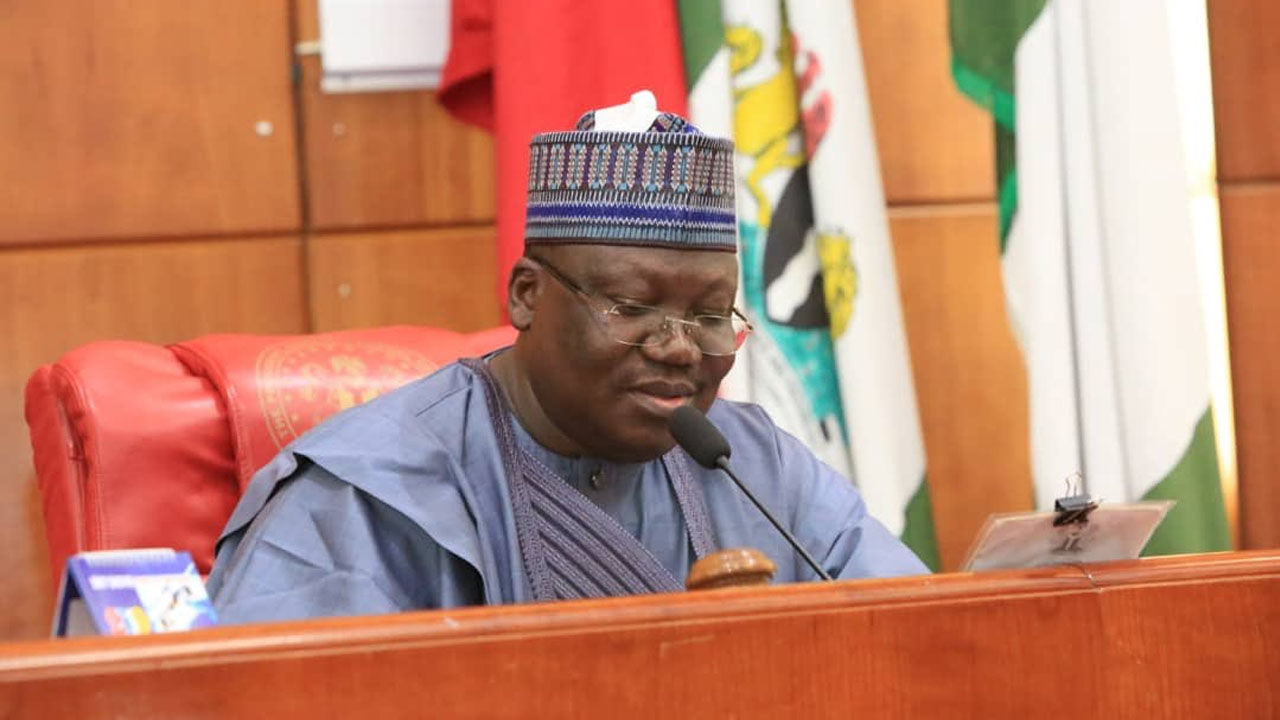
United Nations Children’s Fund (UNICEF), in collaboration with Africa Centres for Disease Control and Prevention (Africa CDC), GAVI (the Vaccine Alliance) and World Health Organisation (WHO), has issued emergency tender to secure monkey pox (mpox) vaccines for crisis-hit countries.
WHO believes the outbreak in Africa could be stopped in the next six months, as its first shipment of vaccines should arrive in Congo within days.
The collaboration, which will foster increased access and timely allocation, includes working together to facilitate the donation of vaccines from existing stockpiles in high-income countries to contain the ongoing transmission of mpox.
Under the emergency tender, UNICEF will set up supply agreements with vaccine manufacturers to enable UNICEF purchase and ship vaccines without delay once countries and partners secured financing, confirmed demand and readiness, and the regulatory requirements for accepting the vaccines put in place.
WHO is reviewing the information submitted by manufacturers on August 23 and is expected to complete its review for Emergency Use Listing by mid-September.
Over 18,000 cases of mpox, including 629 deaths, have been reported this year in the Democratic Republic of the Congo (DRC), which is at the epicentre of the crisis, aside records from other countries. Four out of five deaths have been in children.
Director of UNICEF Supply Division, Leila Pakkala, said: “Addressing the current mpox vaccine shortage and delivering vaccines to communities that need them now is of paramount importance. There is also a pressing need for a universal and transparent allocation mechanism to ensure equitable access to mpox vaccines.”
Director-General of Africa CDC, Dr Jean Kaseya, said: “As we confront the ongoing mpox outbreak, the timely procurement and distribution of vaccines is crucial to protecting the most vulnerable populations, particularly in the hardest-hit regions.
This emergency tender is a critical step forward in our collective effort to control the spread of this disease. “Africa CDC is committed to ensuring that vaccines are allocated swiftly and equitably across the continent, in partnership with UNICEF, GAVI, WHO and other key stakeholders. Our unified response is essential to curbing the impact of this public health emergency and safeguarding the health and well-being of our communities.”
The Interim Chief Vaccine Programmes and Markets Officer at GAVI, Dr Derrick Sim, explained that with many partners working on securing access to supply, the announcement represents an important step in the emergency, enabling UNICEF to purchase and deliver vaccines after GAVI and other partners make funding available and sign purchase or donation agreements with manufacturers for the most immediate dose needs.
WHO Incident Manager for the Global Mpox Response and Acting Director for Epidemic and Pandemic, Dr Maria Van Kerkhove, noted that a swift, coordinated and equitable response is critical to controlling the current mpox emergency and preventing future ones.SO far, Africa has received just a small fraction of vaccines needed to slow down the spread of the virus, especially in Congo, which has recorded the maximum number of cases: over 18,000 suspected case and 629 deaths.
“With the governments’ leadership and close cooperation between partners, we believe we can stop these outbreaks in the next six months,” WHO Director-General, Tedros Ghebreyesus, said at a briefing. While mpox infections have been on the rise in the last few weeks, Ghebreyesus noted that there had been relatively lesser deaths. He also said that 258 cases of mpox’s newest version were also recorded, with patients in Burundi, Rwanda, Kenya, Uganda, Sweden and Thailand. Earlier last month, WHO had declared mpox outbreaks in Africa a global emergency, hoping to prompt a strong global response to the disease on a continent where cases were spreading and going unnoticed for years, including those in Nigeria. In May, scientists discovered a new version of the disease in Congo and thought it could be spreading more easily.






